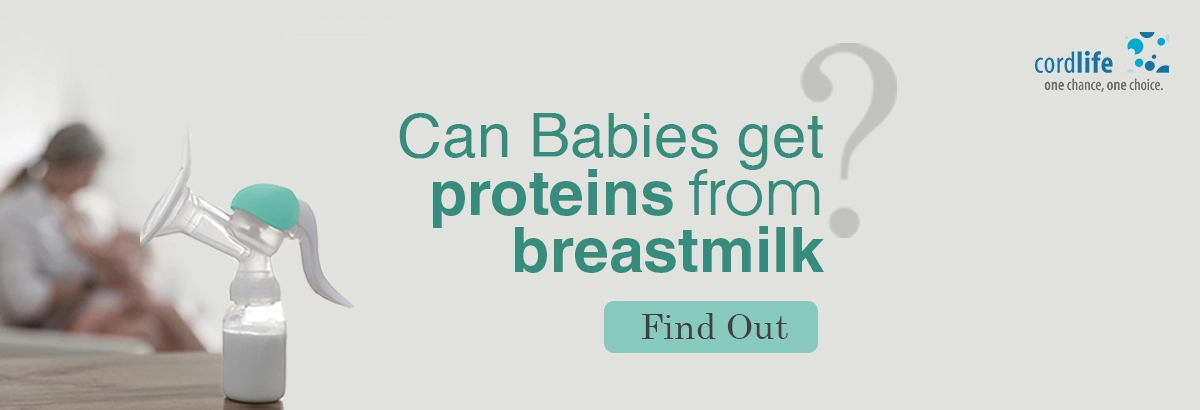Table of Contents
Undoubtedly, breastfeeding starts your bonding with your baby. Furthermore, your baby will require all the nutrients from breastmilk during the infancy stage. As far as the composition of human milk goes, your baby might get 4% lipid, 7% carbohydrate as well as minerals like calcium, phosphorous, magnesium, etc., from the breastmilk. Among all these nutrients, there is a small percentage of protein in breastmilk. The presence of protein in breastmilk is very essential for your baby.
Well! Protein from breastmilk is certainly necessary for your baby’s growth and development, but it also keeps your child safe from various kinds of diseases.
What Kinds Of Protein Does Your Baby Get From Breastmilk?
During the first few days after your baby’s birth, your child is going to get colostrum from your breastmilk. Your baby may get a very small amount, but that is full of several nutrients, including protein. However, with time, as the colostrum changes over to the transitional milk, and the protein’s amount might slowly decline.
Going much deeper, there are two types of proteins present in the breastmilk – Whey and Casein
- You can find antibodies, lactoferrin, and lysozyme in whey, which helps your baby battle several infections and diseases. It also helps your baby to digest easily.
- The casein protein molecule, on the other hand, is larger and more complex than most other proteins, which makes it harder to digest.
Your lactating breasts supply approximately 60% whey and 40% casein. With your baby’s growing up months, the ratio of breastmilk tends to become the same.
Is The Protein In Your Milk Helpful For Your Premature Baby?
If your preemie is 34 weeks or older, he or she will drink directly from breasts; if your baby is younger, you might need some weeks to breastfeed your baby fully. During the younger days of your premature baby, you might keep your breast milk expressed.
The breast milk contents required for your premature baby are slightly different from that of the full-term. Not even slightly. For your premature baby’s development, he or she might need breastmilk a little bit more than your full-term baby. After all, your preemie would need to fight bacteria and other infections as he or she is growing up. In this case, the lysozyme in the milk may be helpful. After all, the lysozyme concentration fluctuates within the range of 0.15 to 0.65 micrograms from the colostrum.
How Much Protein Is Your Baby Getting From Breast Milk?
As a breastfeeding mother, you should be aware that the protein concentration majorly depends upon your weight. The higher your weight, the higher the protein concentration.
- Having said that, during the early days, the protein requirement for your infant ranges from 1.4 to 1.6 g/100mL.
- After your baby has crossed 3 to 4 months of his or her life, protein requirement changes from 0.8 to 1.0 g/mL and then from 0.7 to 0.8 g/mL.
Will Your Baby Need Extra Protein From Breast Milk?
According to studies, the amount of protein that your baby has already received since its infancy stage is sufficient. So, extra protein will have no additional impact on your child6. But according to ACOG you still need to breastfeed your child until he or she has reached the age of 6 years of his or her life, to be benefitted from breastmilk in several ways.
Apart from this, if you want to know anything else about baby care and the benefits of cord blood banking, follow our blog page.
